Ho Chi Minh City Ms. Nguyen, 51 years old, often had numbness and spasms in her limbs, difficulty walking, thought she had a stroke, the doctor examined and discovered a tumor about 2.5 cm in her adrenal gland.
Mrs. Nguyen’s limbs have been numb and cramped since the beginning of the year, and have gotten weaker over the past three months. She was afraid of a stroke, so she went to the doctor and was diagnosed with high blood pressure, hypercalcemia, and hypokalemia. After receiving calcium, her limbs stopped being stiff, but her blood potassium level remained low. She has been taking medication for more than three months without any improvement.
She went to Tam Anh General Hospital for examination, the test results showed that aldosterone (a hormone secreted by the adrenal gland) increased by more than 100 ng/ml, while the normal index in standing position is 2.21-35.3 ng/dl, lying position is 1.17 - 23.6 ng/dl. Potassium dropped to 1.95 mmol/L, normal for a normal person is 3.5-5.1 mmol/L. Abdominal ultrasound and MRI recorded a spherical tumor in the left adrenal gland, about 2 cm in size, located deep close to the spine, near the aorta, behind the spleen and under the diaphragm.
On September 13, Dr. Nguyen Thi Kim Tuyen, Department of Endocrinology - Diabetes, said that adrenal tumors are the cause of hypokalemia. Low blood potassium often causes patients to have muscle weakness and cramps.
The hormone aldosterone has the effect of increasing sodium reabsorption and potassium excretion through the kidneys to be excreted through urine, according to the doctor. Excessive secretion of aldosterone causes the kidneys to excrete excessive potassium, leading to hypokalemia. Patients who continuously infuse potassium but do not control the amount of aldosterone hormone will have potassium excreted through the kidneys. Potassium is an important electrolyte that helps transport electrical signals to cells in the body. Hypokalemia affects the heart, nerves and muscles, and the patient may have weak limbs. If not controlled early, it increases blood pressure, the risk of heart attack and stroke. Patients are susceptible to arrhythmias leading to cardiac arrest.
Dr. Phan Truong Nam, Department of Urology, Center for Urology - Nephrology - Andrology, indicated retroperitoneal laparoscopic surgery for the patient to access the tumor faster, easier, without affecting other organs in the abdomen. This method also helps the patient to have less pain and recover quickly after surgery.
After one hour of surgery, the team removed a 2 x 2.5 cm tumor, with total blood loss of less than one ml.
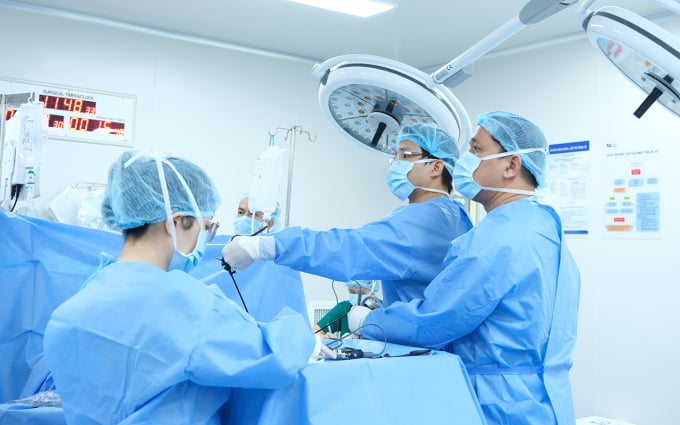
Doctor Truong Nam (center) and the surgical team performed laparoscopic surgery to remove the patient's adrenal gland tumor. Photo: Dinh Tien
Three hours after surgery, the patient's health was stable, blood pressure was stable, no need for blood pressure control medication, blood potassium level returned to normal. Aldosterone hormone concentration decreased to a safe level, adrenal hormones were normal.
Patients should avoid heavy work for 4-6 weeks. Regular check-ups and hormone levels should be monitored to prevent deficiency.
The adrenal glands are small, triangular endocrine glands located on top of the two kidneys. These glands secrete hormones such as cortisol, aldosterone, androgen, adrenaline, noradrenaline, which help control blood sugar levels, maintain blood pressure, balance sodium and electrolytes...
Aldosterone helps increase sodium reabsorption, increase potassium excretion through the kidneys and out through urine. Excessive secretion of this hormone leads to hyperaldosteronism. Patients with adrenal tumors, adrenal hyperplasia or carcinoma often experience this condition. Signs of the disease include muscle weakness, transient paralysis, muscle cramps, high blood pressure, hypokalemia...
Annual health check-ups help detect and treat diseases early, preventing complications from the adrenal glands.
Dinh Tien
* Patient's name has been changed
| Readers ask questions about endocrine diseases - diabetes here for doctors to answer |
Source link



![[Photo] General Secretary To Lam, Secretary of the Central Military Commission attends the 12th Party Congress of the Army](https://vphoto.vietnam.vn/thumb/1200x675/vietnam/resource/IMAGE/2025/9/30/9b63aaa37ddb472ead84e3870a8ae825)
![[Photo] Solemn opening of the 12th Military Party Congress for the 2025-2030 term](https://vphoto.vietnam.vn/thumb/1200x675/vietnam/resource/IMAGE/2025/9/30/2cd383b3130d41a1a4b5ace0d5eb989d)
![[Photo] General Secretary To Lam receives US Ambassador to Vietnam Marc Knapper](https://vphoto.vietnam.vn/thumb/1200x675/vietnam/resource/IMAGE/2025/9/29/c8fd0761aa184da7814aee57d87c49b3)

![[Photo] The 1st Congress of Phu Tho Provincial Party Committee, term 2025-2030](https://vphoto.vietnam.vn/thumb/1200x675/vietnam/resource/IMAGE/2025/9/30/1507da06216649bba8a1ce6251816820)




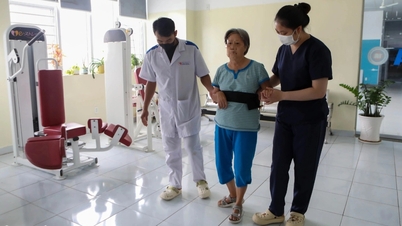









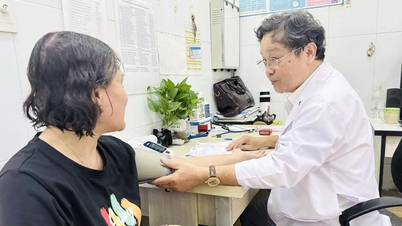
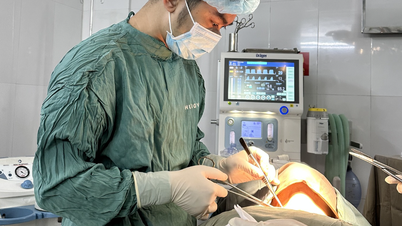
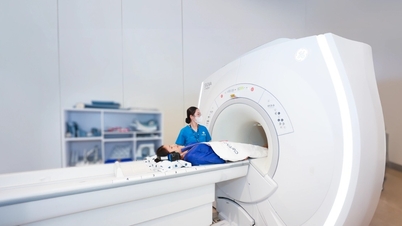











![[Photo] General Secretary To Lam attends the ceremony to celebrate the 80th anniversary of the post and telecommunications sector and the 66th anniversary of the science and technology sector.](https://vphoto.vietnam.vn/thumb/1200x675/vietnam/resource/IMAGE/2025/9/29/8e86b39b8fe44121a2b14a031f4cef46)






































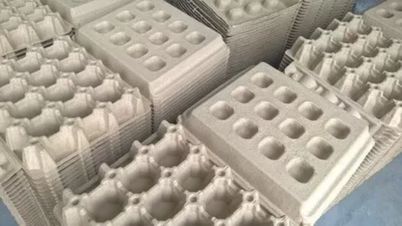



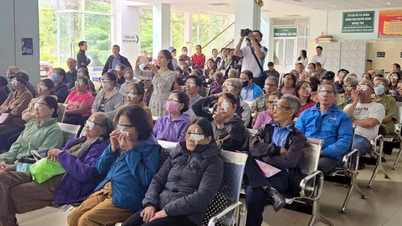

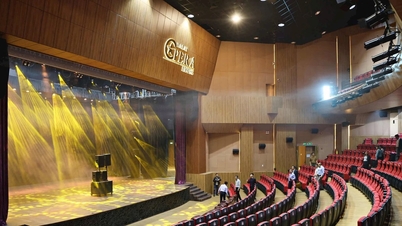



















Comment (0)